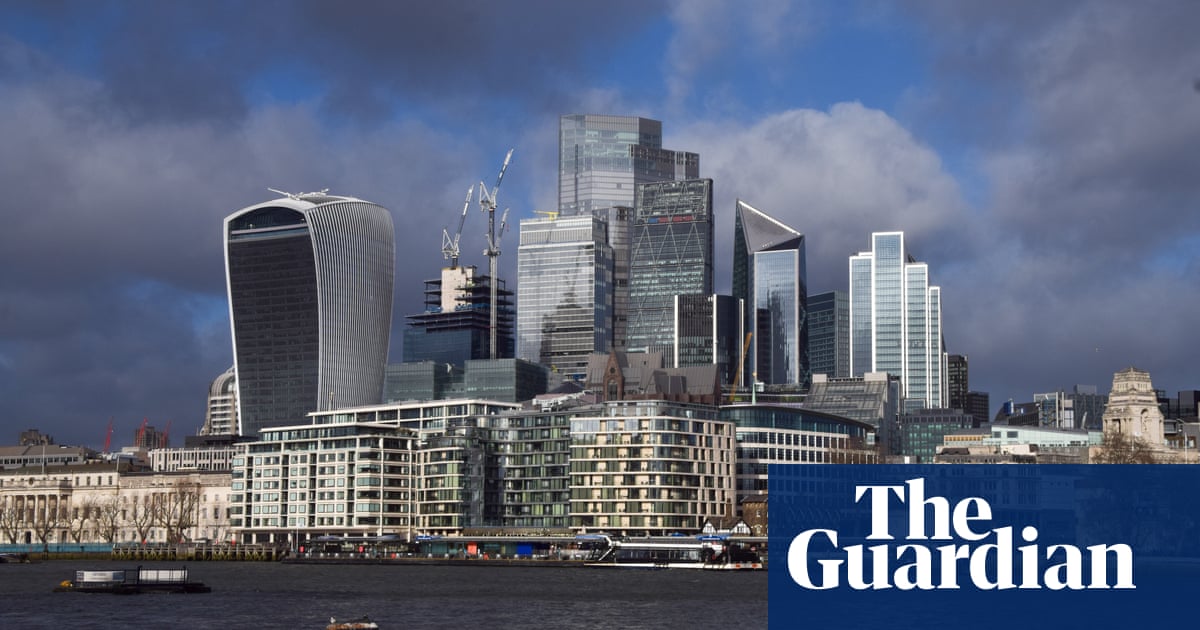
Rishi Sunak’s decision to wind up the furlough scheme today will intensify Britain’s economic woes, an array of unions, business groups, employment experts, City firms and politicians have warned.
With signs of activity slowing even before pressures on supply chains began to mount over the past few weeks, the chancellor was criticised for cutting off a wage-subsidy lifeline that is still supporting well over a million jobs.
Frances O’Grady, the TUC general secretary, said the end of the furlough scheme coupled with the £20 a week cut in universal credit next week meant the government was heading into the winter with no plan to protect workers.
“Ministers should rethink the end of furlough. Many workers in hard hit industries are still furloughed and need support for longer. Otherwise, we may see a rise in unemployment,” O’Grady said.
Business leaders warned of an “autumn storm” from the government dismantling emergency pandemic support schemes at a time when the economic recovery from Covid-19 was faltering.
The coronavirus Job Retention Scheme was launched by Sunak on 20 March last year, after consultation with unions and bosses, covering 80% of a furloughed employee’s wages, up to £2,500 a month.
The Federation of Small Businesses (FSB) said the end of the furlough scheme, the scrapping of the small employer sick pay rebate, and the closure of the government’s apprenticeship incentive scheme would add to pressure on companies.
Mike Cherry, the FSB’s national chair, said: “It’s potentially a dangerous moment. As the weather turns colder, so too will the operating environment for many firms. With recent economic growth numbers having fallen below expectations, the upcoming festive season may not provide as much of a boost as hoped to many small businesses’ bottom lines.”
The government has spent around £70bn to support the wages of more than 11.6m jobs over the past 18 months, and Sunak is hopeful that a record stock of more than a million job vacancies will absorb workers coming off furlough.
However, employment experts warned this was unlikely because of mismatches between vacancies and where most workers were furloughed. One of the UK’s biggest recruitment firms said the end of furlough was unlikely to help firms address chronic staff shortages in some sectors of the economy.
Niki Turner-Harding, senior vice-president of Adecco UK & Ireland, said: “The end of the furlough scheme won’t turn the tables when it comes to the candidate-led environment that jobseekers are experiencing right now. Not least because those employees still furloughed work in industries most affected by the current situation, such as the travel industry.”
As many as 1.6 million workers remained on furlough at the end of July according to the latest official figures from HMRC, representing about 5% of the overall workforce. However, large numbers of workers in sectors of the economy hardest-hit by Covid-19 are still receiving emergency wage support from the state, with fears the end of the scheme will drive up unemployment.
Usage of the scheme peaked at almost 9 million in May 2020 during the first wave of the pandemic, and at about 5.1 million during the winter lockdown earlier this year. However, the rate of workers returning to their jobs has slowed steadily in recent months despite the reopening of the economy, as certain sectors remain under intense pressure.
More than half (51%) of all air passenger transport workers in Britain were still on furlough at the end of July, the highest of any industry. More than a quarter of travel agents and tour operators are in the same position, in a stark contrast to the 5% average for all sectors.
Christine Jardine, Treasury spokesperson for the Liberal Democrats, warned Thursday’s sudden stop could trigger an economic crisis akin to Black Wednesday in 1992 when Britain crashed out of the European Exchange Rate Mechanism. Jardine said Sunak risked a “coronavirus Black Thursday” unless he prolonged the furlough to the 10 most affected sectors.
The chancellor insisted now was the right time to close the scheme and encouraged companies to make use of other government support measures, including the super-deduction tax break and kickstart job creation scheme.
“I am immensely proud of the furlough scheme, and even more proud of UK workers and businesses whose resolve has seen us through an immensely difficult time. With the recovery well under way, and more than 1 million job vacancies, now is the right time for the scheme to draw to a close,” he said.
Susannah Streeter, senior investment and markets analyst at the wealth management firm, Hargreaves Lansdown, said: “Any hope that the end of the furlough scheme might be the magic wand to solve the supply chain crisis is likely to be wishful thinking.”












